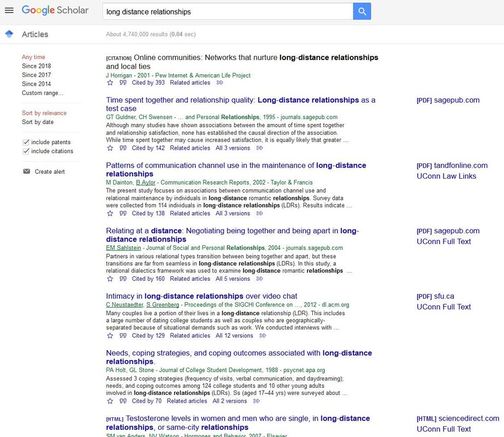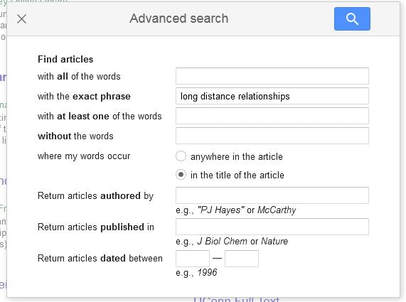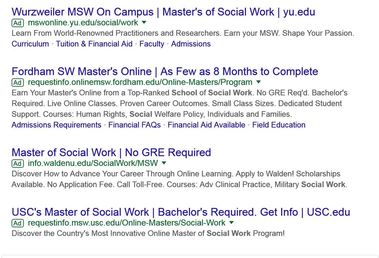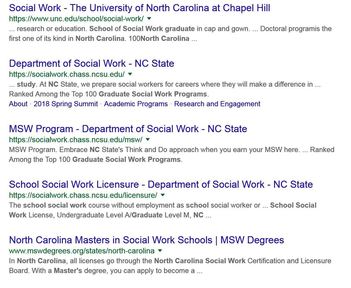In preparation for my Fall professional development graduate classes, I compiled a list of places to search for jobs, with some help from #AcademicTwitter. And because I never met a list that didn't look better in a spreadsheet, we made a spreadsheet of Places to Search for HDFS-relevant academic and alt-academic jobs. Behold:
Places to Search for HDFS-relevant academic and alt-academic jobs
It includes traditional places for faculty jobs, like Chronicle of Higher Ed and Academic Jobs Online.
It includes some places the hip young people go, like the Psych Jobs Wiki (warning: Not for the faint of heart!).
More specialized places like Obesity Society and Association for Public Policy Analysis and Management.
And, places for primarily alt-ac jobs, like Idealist and the Versatile PhD.
I'm always looking to add, so please send me suggestions.
Want to check out my other compilation lists?
Post docs (almost 140 listed)
Fellowships (almost 100)
Internships (almost 50)
“Where to search for HDFS-relevant jobs" first appeared on Eva Lefkowitz’s blog on May 14, 2021.”





 RSS Feed
RSS Feed
